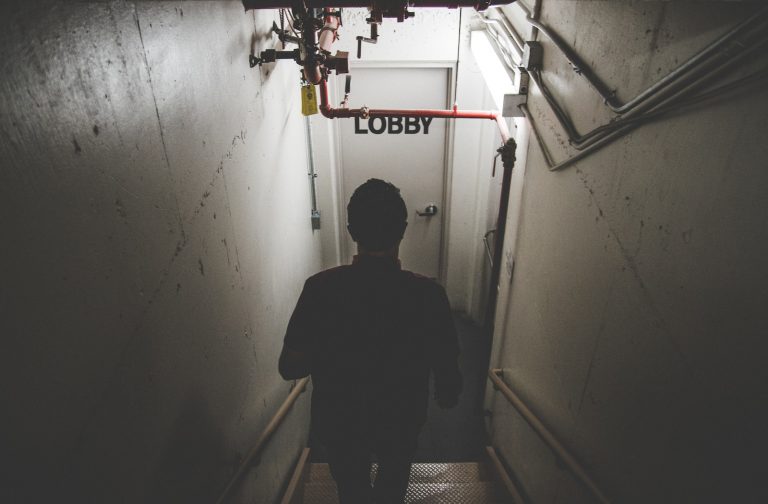In a world increasingly drawn towards digital solutions and online activities, the popularity of escape rooms stands as a testament to the joy and challenge of physical, hands-on puzzle solving. But what are these escape rooms, and how has their culture grown and evolved over time?
Story Stages
The Beginning of Escape Rooms
What are Escape Rooms?
An escape room is a game where a team of players cooperatively discover clues, solve puzzles, and accomplish tasks in one or more rooms in order to progress and reach a specific goal, usually escaping from the room. The idea is to create a real-life adventure that stimulates critical thinking, collaboration, and fun.
The Birth of Escape Room Games
The concept of escape room games was born in the mid-2000s, drawing inspiration from various sources such as adventure video games and mystery novels. The first real-life escape room was created in Japan by Toshimitsu Takagi in 2007. Since then, escape rooms have taken the world by storm.
Evolution of Escape Room Culture
From Simple Puzzles to Immersive Experiences
As escape rooms began to spread, their design became increasingly sophisticated. Initially, these games consisted of simple puzzles that could be solved in a linear fashion. However, as time passed, designers began to incorporate non-linear elements and narratives, making the games more immersive and challenging.
The Advent of Themed Escape Rooms
Themed rooms further drove the evolution of escape rooms. These rooms feature specific settings, stories, and puzzles that revolve around a central theme. Themes can be as diverse as ancient Egyptian tombs, haunted houses, or futuristic space stations.
The Impact of Technology on Escape Room Design
The Role of Advanced Tech in Puzzle Design
With advances in technology, the design of escape rooms has further evolved. Puzzles are no longer confined to locks and hidden compartments but can incorporate electronic devices, sensors, and complex software programs, offering players a far more engaging and immersive experience.
Virtual Reality (VR) Escape Rooms
The introduction of virtual reality technology has given birth to a whole new type of escape room. VR escape rooms allow players to immerse themselves in settings that would be too dangerous, expensive, or impossible to recreate in real life.
The Social Influence of Escape Room Culture
The Rising Popularity of Escape Rooms
Escape rooms have not only become a popular form of entertainment but also a social phenomenon. Their popularity has been fueled by the thrill of solving puzzles together, the joy of shared achievement, and the memories formed during the experience.
The Role of Escape Rooms in Team Building
Escape rooms have also found a niche in corporate team-building exercises. They are used to improve communication, foster problem-solving skills, and encourage collaboration, providing a fun and effective method for teams to bond and learn.
Printable Escape Room Kits
In response to the increasing demand for escape room experiences, printable escape room kits have emerged. These kits allow users to set up and host their own escape room games at home. They come with detailed instructions, puzzles, clues, and storylines, offering a flexible and cost-effective alternative to traditional escape rooms.
Future Trends in Escape Room Culture
Mobile Escape Rooms
Mobile escape rooms are an emerging trend that brings the experience to the user’s location. These are often housed in trucks or trailers and can be parked at parties, corporate events, or festivals, making the escape room experience more accessible to a broader audience.
Globalization and Localization of Escape Rooms
With the worldwide popularity of escape rooms, we see a trend towards both globalization and localization. As escape rooms spread globally, designers often incorporate local culture and history into their room themes and narratives, creating a unique blend of global and local experiences.
Conclusion
From their humble beginnings to the immersive, tech-savvy experiences of today, escape rooms have evolved to become a global phenomenon. As we look to the future, we can expect further innovation, bringing new experiences and challenges to players around the world.
